Whether it’s the improvement of taste and quality or some sort of spiritual awakening, veganism is blooming. In fact, 14% of Australians intend to go vegetarian or vegan while 22 % plan on reducing their meat consumption. It’s estimated that right now Australia has over 500.000 vegans. Moreover, 8.7 % of new products are labelled vegan or as having no animal ingredients.
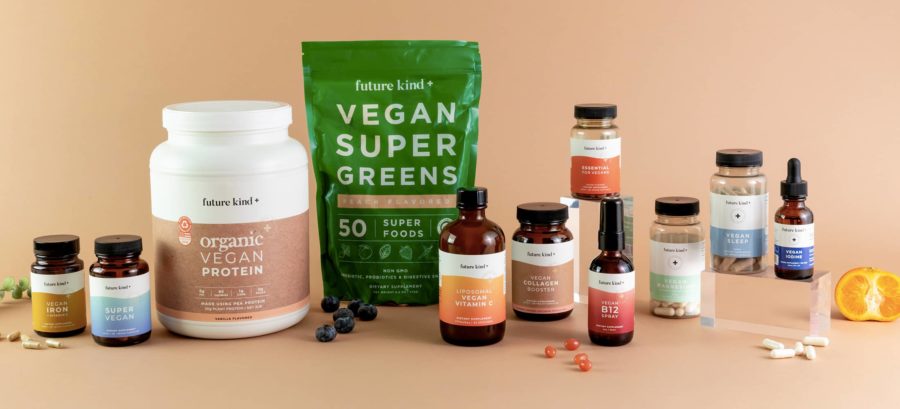
Indeed, veganism has quite a few benefits and contrary to popular belief, it’s not all lettuce and there are ways you could dine in style. Even so, what you might not lack in style, you might in your nutrient intake. Unfortunately, not every meal has a vegan alternative. That’s where supplements come in.
What Supplements Do Vegans Need?
Vitamin B Complex Supplements
Vitamin B12 is important for many bodily processes, like the formation of oxygen-transporting red blood cells, protein metabolism and it also plays a crucial role in the health of our nervous systems. Next time you wonder is vitamin B12 really necessary, remember that a deficiency can lead to megaloblastic anemia, nervous system damage, infertility and bone and heart disease.
The common belief that vegans who eat enough of the right plant foods don’t need to worry about vitamin B12 deficiency is erroneous. In fact, multiple studies have shown that, while anyone can have low vitamin B12 levels, vegetarians and vegans have a higher risk of deficiency. Moreover, this seems especially true for those who are not taking any additional vitamin B12 or vitamin B complex.
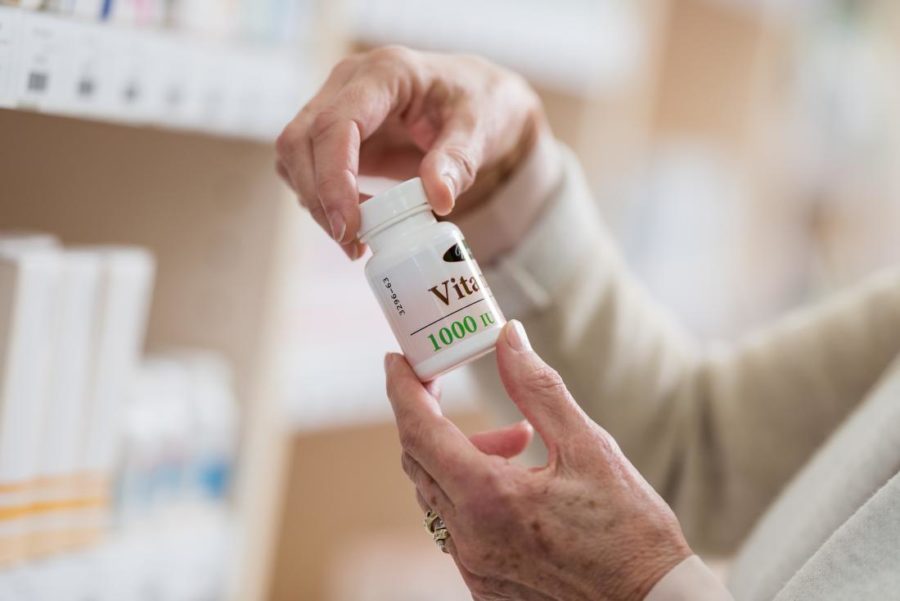
The daily recommended intake is 2.4 mcg per day for adults. The only scientifically proven way for vegans to reach these levels is by consuming B12-fortified foods or taking vitamin B complex supplements. To assist you in your general wellbeing, instead of taking different supplements separately, the right vitamin B complex supplement will not only contain mecobalamin, the naturally occurring form of B12 but will also include B2, B6, B5 and activated folate.
Some plant foods seem to contain a form of vitamin B12 naturally. These include mushrooms grown in B12-rich soils, nori, spirulina, chlorella, and nutritional yeast. However, whether this form is active in humans is inconclusive. Nutritional yeast only contains vitamin B12 when fortified which could also get degraded as vitamin B12 is light-sensitive. B12-fortified foods commonly include plant milk, soy products and breakfast cereals.
Finally, vitamin B12 absorption decreases with age. Thus, everyone over the age of 51, vegan or not, should consider checking their vitamin B12 and including fortified foods or a vitamin B12 supplement in their diet.
Iron
Iron is necessary for the formation of hemoglobin, the transport vehicle of oxygen around the body. It can be found in two forms, heme (the easily absorbable form) and non-heme. Heme iron is only available from animal products hence vegans are often recommended to aim for 1.8 times the normal recommended daily amount (RDA). However, more studies are needed to establish whether such high intakes are needed.
Aim to consume iron-rich foods such as cruciferous vegetables, beans, peas, dried fruit, nuts, seeds and iron-fortified foods like cereals, enriched bread and plant milk. Moreover, combining iron-rich foods with a source of vitamin C can help boost iron absorption. The best way to determine whether supplements are necessary is to get your hemoglobin and ferritin levels checked by your health practitioner as unnecessary intake of supplements like iron can do more harm than good.
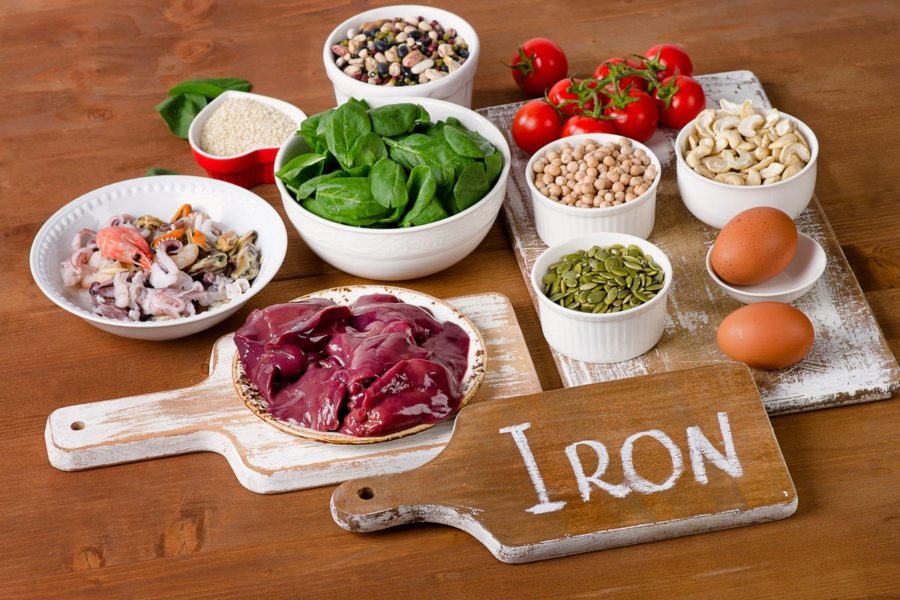
The damages include destruction of cells, blocking the absorption of other minerals, convulsions, organ failure, coma and even death. To conclude, it’s best not to supplement unless it’s required. Many iron supplements today aim to achieve the perfect combination and form that our bodies need. Albion’s Ferrochel (ferrous bisglycinate amino acid chelate) is a highly bioavailable, stable source of organic iron that doesn’t cause gastrointestinal irritation. Ferrochel® is an organic form of iron, proven to have superior absorption when compared to other forms of iron.
In addition, vitamin B complex supplements (vitamins B1, B6, B12) cofactors and folic acid are included to help maintain healthy blood while the added vitamin C makes absorption even easier.
Vitamin D
Essential for strong bones, Vitamin D runs the calcium and phosphorus regulation in our bodies. Moreover, it supports heart, muscle and immune system health, healthy teeth and blood sugar levels. What foods have vitamin D? Unlike other vitamins, however, it’s naturally present in very few foods (liver, fish like salmon and mackerel, eggs, mushrooms and commercially fortified milk).
It’s nearly impossible to get what you need from food and most Australians obtain just 5–10 per cent of their daily vitamin D requirements from dietary sources. Even in sunny climates, people who spend most of their day indoors or faithfully apply sunscreen are at risk of Vitamin D deficiency thus explaining low vitamin D levels amongst Australians.
Every cell in your body has a Vitamin D receptor. In fact, they have been found in the brain, skeletal muscle, colon, breast, prostate, and the list goes on. Hence, linking low vitamin D levels with a plethora of diseases like cancer, heart disease, diabetes, arthritis, and even depression, is not only natural but also logical.
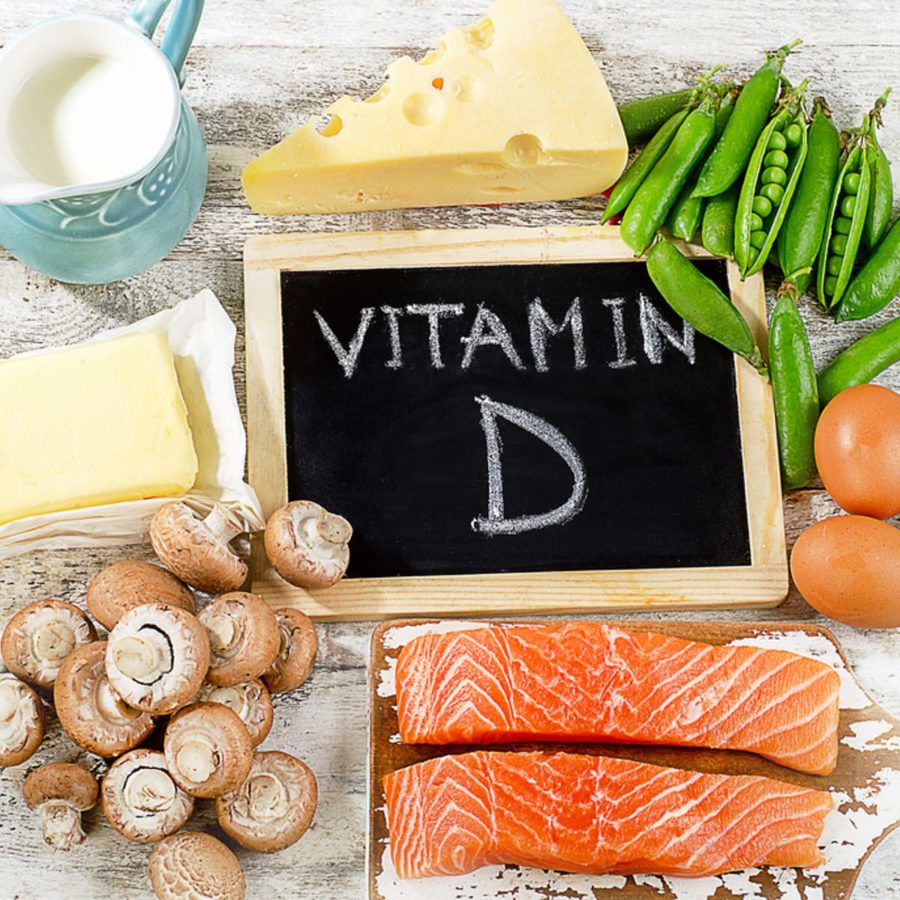
A recent British Medical Journal study tracked more than 95,000 participants for nearly 40 years to find that genes associated with permanent low levels of Vitamin D. These individuals had a raised risk of early death by up to 40%. Despite the mountains of research in favour of vitamin D, the recommended dietary allowances (RDA) for vitamin D are 600 IU (15 µg) daily for age 1–70 years and 800 IU (20 µg) daily in adults > 70 years. Furthermore, regular testing of vitamin D blood levels is not recommended.
Different medical experts suggest different guidelines for Vitamin D supplementation. The Institute of Medicine’s guidelines state 600 IU (International Units) for ages 14 to 70, and 800 IU for age 71 and above. On the other hand, the Endocrine Society recommends 1,500-2,000 IU per day while the vitamin D Council advises “safe, sensible sun exposure, and if that’s not possible, 5,000 IU a day.”
Long-Chain Fatty Acids
Omega-3 is an essential supplement for brain health, repairing and recovering the cell membrane and improving other biological functions. It’s especially beneficial for healthy vision, brain, immunity, digestive system, and heart. Moreover, it’s cardioprotective. There is a variety of delicious barbecue suggestions that can help you get the good kind of fat and plenty of it. When it comes to a vegan diet, however, the choice is a bit more scarce and good ol’ fish oil comes out of the question. Unfortunately, many omega 3 supplements are not cruelty-free.
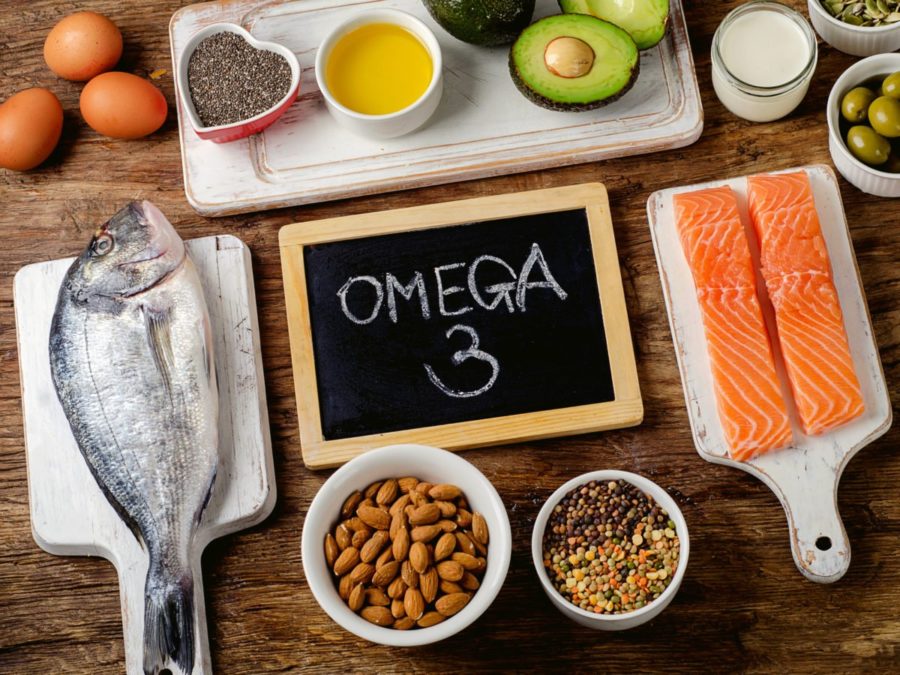
That’s why you should choose extra virgin, cold-pressed hemp seed oil as it provides one of Nature’s most balanced sources of Omegas 3, 6 and 9 fatty acids. It’s not only beneficial for vegans but everyone looking to maintain everyday health and vitality. Flaxseed oil is another vegan source of omega – 3, 6, and 9 essential fatty acids, crucial for healthy skin and hair. In addition, flaxseed oil may have an anti-inflammatory action and help maintain healthy heart function.



